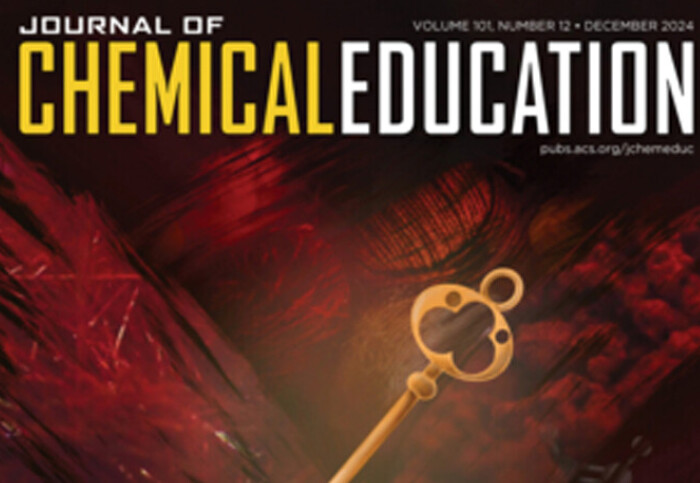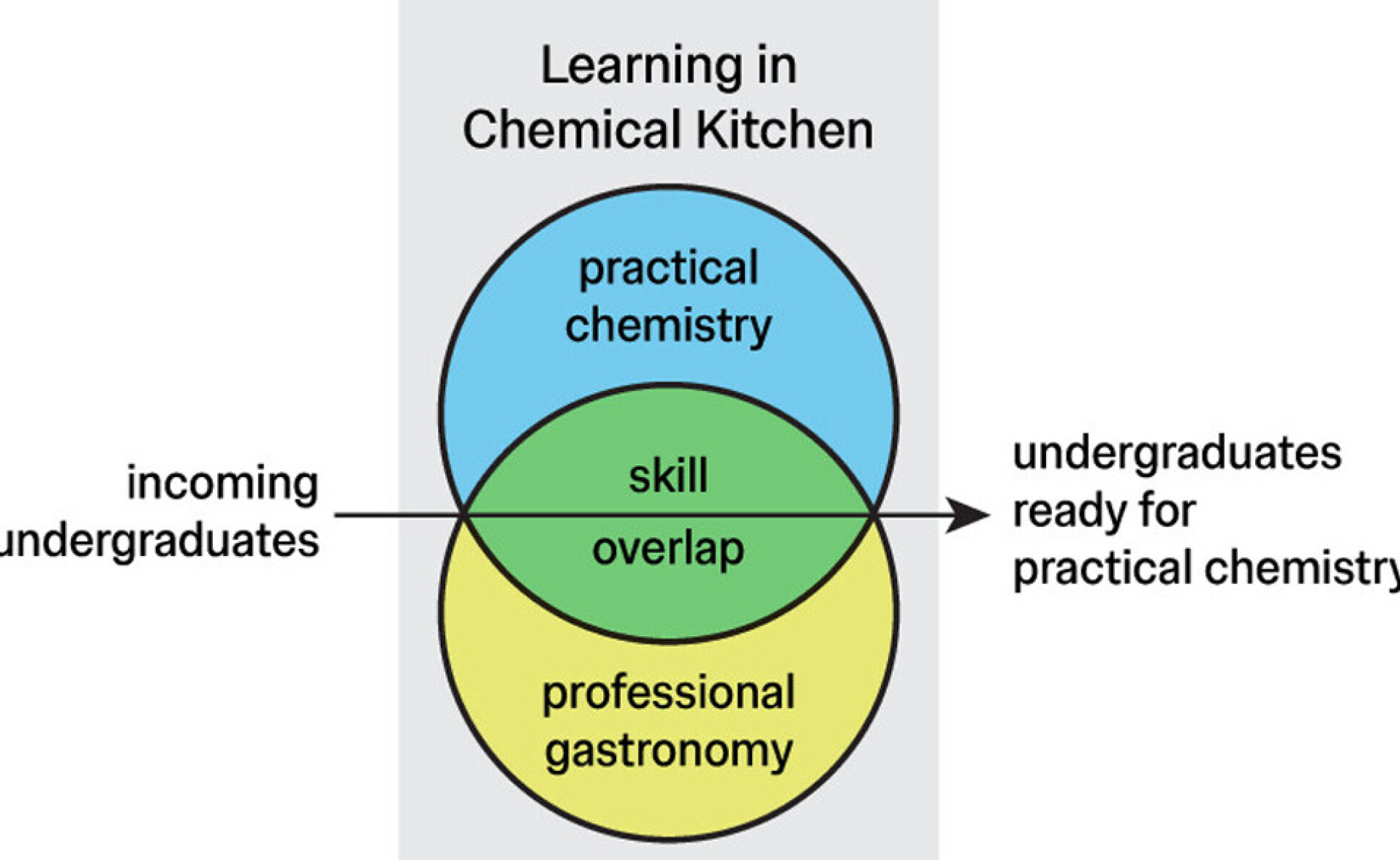Nov 2024 - Article Published in J. Chem. Ed.

Journal of Chemical Education
Jakub Radzikowski and Luke Delmas' reflections on the Imperial 'Chemical Kitchen' on improving UG student self-efficacy is published in J. Chem. Ed.
J.L. Radzikowski, L. Delmas, E. Cohen, J. Viola, J.Youssef, A.C. Spivey and R. Kneebone, ‘Chemical Kitchen─A Transdisciplinary Introduction to a Laboratory Practice That Rebalances Students’ Self-Efficacy’ J. Chem. Ed., 2024, 101, 5353-5360. DOI: https://doi.org/10.1021/acs.jchemed.4c00950

Transition from high school to higher education poses a significant challenge for students, particularly in chemistry, where students’ prior laboratory experience is varied. Traditional laboratory education, focusing on chemical knowledge, scientific methodology, and practical skills, does not focus on the development of translational skills and establishing a proper level of self-efficacy, critical for students’ success as future scientists. To address this problem, we developed the Chemical Kitchen, a transdisciplinary simulation utilizing the parallels between professional gastronomy and chemistry laboratory practices. By engaging students in creative food experiments that mimic chemistry experiments, the course aims to enhance practical skills in a less intimidating environment. We evaluated the impact of the Chemical Kitchen on students’ self-efficacy through pre- and postcourse surveys. We found a significant adjustment in students’ self-efficacy: those with initially lower self-efficacy experienced increases, while those with initially higher self-efficacy saw decreases, showing a “leveling of the playing field” among first-year chemistry students. Qualitative feedback highlighted the course’s success in providing a fun, engaging, and meaningful learning experience, underscoring the importance of innovative teaching methods in enhancing practical skills and confidence. This study demonstrates the effectiveness of the Chemical Kitchen in establishing students’ self-efficacy and practical and transferable skills, offering a novel approach to laboratory education that could be beneficial across various scientific disciplines. Future research is encouraged to explore the long-term effects of such interventions on students’ engagement with science and their overall development as learners.
Article text (excluding photos or graphics) © Imperial College London.
Photos and graphics subject to third party copyright used with permission or © Imperial College London.
Reporter
Professor Alan C Spivey
Department of Chemistry